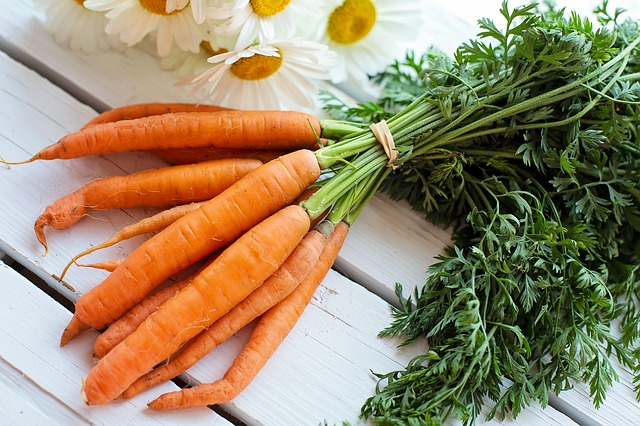
Nutrition is important in many different ways, but did you know that nutrition is also vital for a healthy set of teeth? It’s true! In fact, those with missing teeth who consistently keep up with their oral hygiene can still have missing teeth due to a poor diet.
The worse one’s diet is, the more likely they are to suffer from tooth loss in the near future.
Those who fail to eat a variety of foods or those who suffer from an eating disorder will be lacking the important vitamins, minerals, and nutrients for a healthy set of teeth.
Calcium, potassium, vitamin A, vitamin C, vitamin D, vitamin K, and phosphorus are all vital for strong teeth. With the latter, the mouth will be capable of fighting oral bacteria, and thus, oral-related diseases.
But without an adequate supply of these vitamins and minerals, our teeth cannot provide a sufficient layer of enamel and continue fighting against harmful bacteria in the mouth. Therefore, diseases are higher, and the risk of tooth loss is also higher.
What should I eat to ensure my teeth are healthy?
First and foremost, it’s important that you’re choosing to consume mostly healthy foods and drinks, keeping sweets and other junk at a minimum, for the sake of your overall and oral health.
A nutrition plan will have a sufficient supply of important vitamins and minerals for your teeth:
-
Calcium
Calcium makes your bones and teeth strong and helps create a tough enamel layer to protect your teeth from the harms of oral bacteria and tooth sensitivity. To receive calcium, consume milk, cheese, dairy, kale, sardines, salmon, broccoli, and yogurt.
-
Potassium
Similar to calcium, potassium ensures strong teeth. Potassium and magnesium work as a team to prevent acidic blood, which in turn prevents the body from pulling away your much-needed calcium supply. Boost your potassium levels by consuming potatoes, coconut water, avocados, Swiss chard, spinach, yogurt, bananas, prunes, and lima beans.
-
Vitamin A
Vitamin A prevents dry mouth, allows for a quicker-healing mouth, and ensures the mucous membranes are healthy. Consume kale, carrots, sweet potatoes, egg yolks, fish, lettuce, liver, and squash to receive a daily dose of vitamin A.
-
Vitamin C
For strong gums and protection from gingivitis, you can count on vitamin C. Consume citrus, potatoes, cantaloupe, kale, bell peppers, mango, kiwi, cauliflower, and strawberries.
-
Vitamin D
To ensure you’re properly getting the calcium you require, vitamin D is also vital to receive as it helps the body absorb calcium. For vitamin D, consume milk, cheese, tuna, salmon, egg yolks, orange juice, and cereals. Also, receive natural vitamin D from the sunshine.
-
Vitamin K
Vitamin K is vital to prevent the bones (and teeth) from breaking down. It indirectly helps support strong, healthy bones and teeth by allowing the production of the protein, osteocalcin. In addition to this, vitamin K ensures a quicker healing body with less blood loss. Increase your vitamin K level with the help of fermented dairy, collards, kale, broccoli, scallions, Brussel sprouts, parsley, prunes, and spinach.
-
Phosphorus
Phosphorus works with calcium to create strong teeth. Gain phosphorous by eating cheese, pork, lentils, pumpkin seeds, beef, nuts, soybeans, and chicken.
